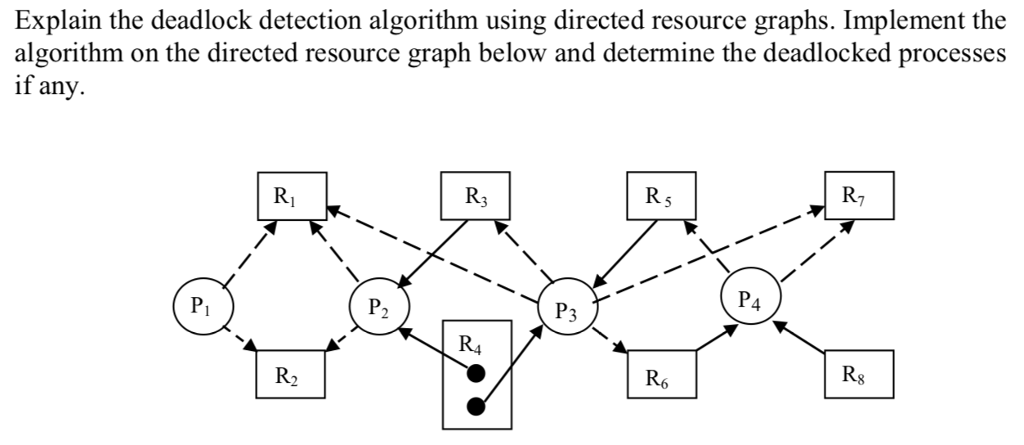

Because LeftVal is locked, Thread 2 stops and waits for LeftVal to be released. A Java multithreaded program may suffer from the deadlock condition because the synchronized keyword causes the executing thread to block while waiting for the lock, or monitor, associated with the specified object. In the next article, I am going to show you the Performance of a multithreaded program when running on a single core/processor machine versus a multi-core/processor machine. For programs that use recursive data structures, the approach is soundly extended to take into account a programmer-specified. Thread 2 locks RightVal and then tries to lock LeftVal. Deadlock occurs when multiple threads need the same locks but obtain them in a different order. The processor stops Thread 1 's execution and begins the execution of Thread 2. UI frameworks, event handling (such as timer event) could be implemented as threads. A deadlock occurs when Thread 1 is permitted to lock LeftVal.


A deadlock is a situation wherein a thread has acquired the lock. Several examples of concurrent programming are: multi-process, multi-thread, and libraries introducing multi-thread. Locking a resource helps in non-ambiguous results, but locking can also lead to a deadlock. I’m am using the boost libraries to implement threads and mutexes, but it should be possible to the standard library implementations std::thread, std::mutex etc as well. Deadlock solution 2: coarse-grained locking. Deadlocks can occur in any concurrent programming situation, so it depends how much concurrency you deal with. Let us see an example to understand this better: There are two COBOL-DB2 programs in execution: PROG A and PROG B. Using pthreadmutexlock () and pthreadmutexunlock () Mutex locks are acquired and released. An unlocked mutex is initialized by the pthreadmutexinit () function. Both the applications wait for the other one to release the lock and hence deadlock occurs. Deadlock can be occurred in a multithreaded Pthread program using mutex locks. A short and to-the-point post illustrating how a deadlock situation can be created in C++, together with a possible strategy for avoiding such a condition. A DEADLOCK condition occurs when two applications lock the data that is needed by each other.


 0 kommentar(er)
0 kommentar(er)
